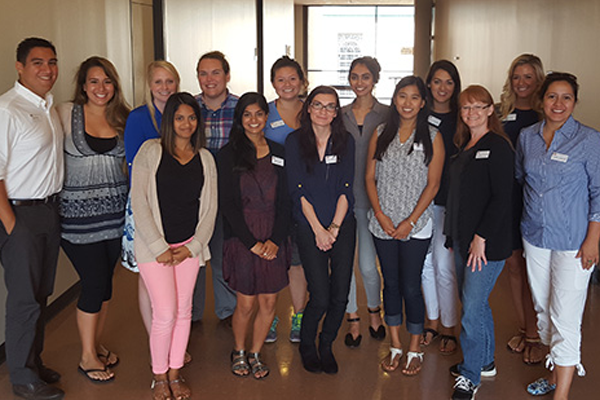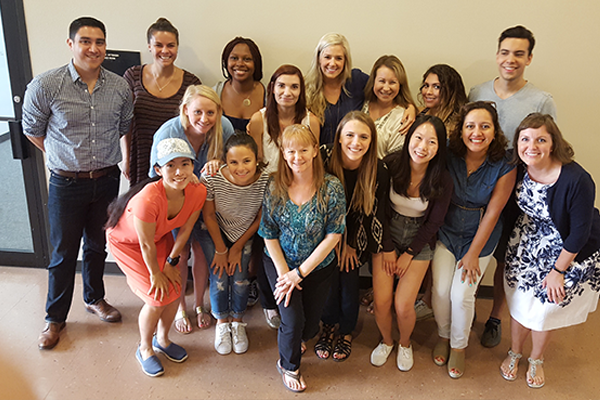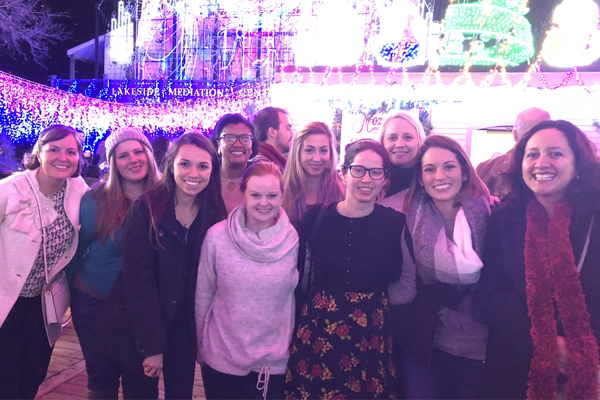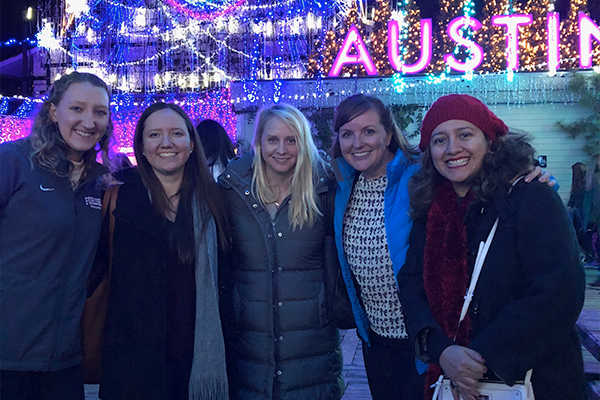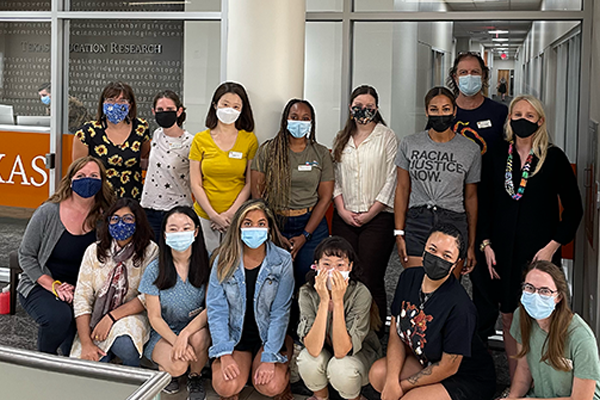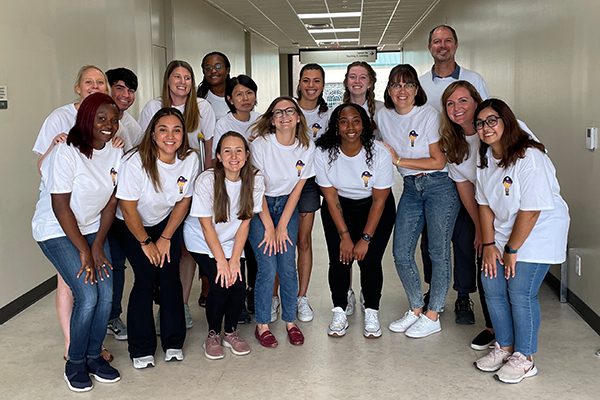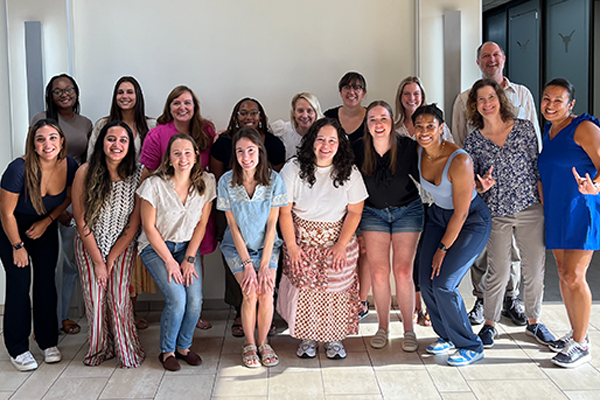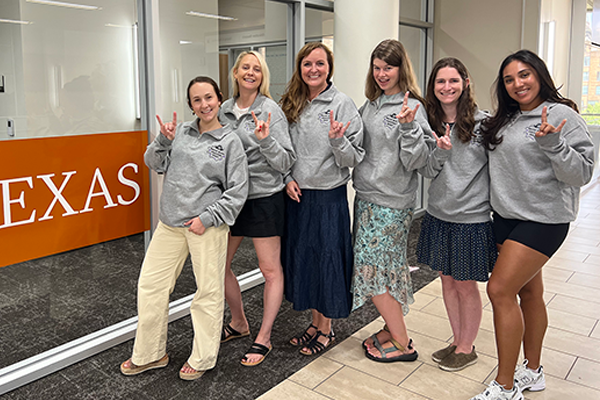About Pirate Math Equation Quest
We developed Pirate Math Equation Quest as an extension of the Pirate Math program developed by Lynn Fuchs, Ph.D., and her colleagues at Vanderbilt University. Our iterations of Pirate Math Equation Quest rely upon the core components of Pirate Math.
From 2015 to 2019, we provided third-grade students experiencing mathematics difficulty with an intensive, individualized word-problem intervention called Pirate Math Equation Quest. During Pirate Math Equation Quest, students received explicit instruction on reading, interpreting, setting up, and solving word problems with a focus on schemas. Students also received modeling and practice related to understanding the equal sign and equation solving within the word-problem intervention.
We identified eligible students experiencing mathematics difficulty as those scoring at or below the 13th percentile on a measure of word problems. During 2015-2018, our first three cohorts of students in Pirate Math Equation Quest: Individual Word-Problem Intervention With Total, Difference, and Change Schemas received the word-problem intervention 3 times per week, for 16 weeks, with sessions lasting approximately 30 minutes.
With our final cohort of third-grade students in 2018-2019, we introduced Pirate Math Equation Quest: Small-Group Word-Problem Intervention With Total, Difference, Change, and Equal Groups Schemas as a small-group word-problem intervention in which groups of 3 to 4 students received the word-problem intervention 3 times per week, for 13 weeks, with sessions lasting approximately 30 minutes. Our final cohort of third-grade students also received a small-group intervention focused on understanding word problems in the State of Texas Assessments of Academic Readiness (STAAR). Students in Pirate Math Equation Quest: Small-Group Intervention for Texas Word Problems in the Grade 3 State of Texas Assessments of Academic Readiness (STAAR) received word-problem intervention 3 times per week, for 6 weeks, with sessions lasting approximately 30 minutes.
From 2021-2024, we designed a new iteration of Pirate Math Equation Quest as an individual intervention for use with students at the fourth-grade instructional level. This version of the program was developed to offer support to Tier-2 and Tier-3 students who require supplemental mathematics support with single- and multi-step word-problem solving. The focus of the Pirate Math Equation Quest Multi-Step Word-Problem Intervention With Total, Difference, Change, and Equal Groups Schemas was single-digit and double-digit additive and multiplicative (single- and multi-step) word problems that included four schemas: Total, Difference, Change, and Equal Groups. The intervention used modeling and practice related to understanding the equal sign, equation solving, and the order of operations. Our three cohorts of students in Pirate Math Equation Quest: Multi-Step Word-Problem Intervention With Total, Difference, Change, and Equal Groups Schemas received the word-problem intervention 3 times per week, for 13 weeks, with sessions lasting approximately 30-35 minutes.
Rigorous evaluations of all four iterations of Pirate Math Equation Quest indicated that third- and fourth-grade students experiencing mathematics difficulty demonstrated improved word-problem performance with Pirate Math Equation Quest compared to students who did not participate in the intervention (Powell, Berry, & Barnes, 2019; Powell et. al, 2021).
Are you wondering which of the four interventions is most appropriate for your students? See the table below for a guide.
| Intervention Title | Intended Grade Level | Individual or Small Group? | Schemas Included | Single- or Multi-Step Word Problems? | # of Lessons |
|---|---|---|---|---|---|
| Single-Step Word-Problem Intervention With Total, Difference, Change, and Equal Groups Schemas | Grade 3 | Small Group | Total, Difference, Change, and Equal Groups | Single-step word problems | 39 |
| Multi-Step Word-Problem Intervention With Total, Difference, Change, and Equal Groups Schemas | Grade 4 | Individual | Total, Difference, Change, and Equal Groups | Single- and multi-step word problems | 39 |
| Single-Step Word-Problem Intervention With Total, Difference, and Change Schemas | Grade 3 | Individual | Total, Difference, and Change | Single-step word problems | 51 |
| Word Problems for the Texas STAAR | Grade 3 | Small Group | Total, Difference, Change, and Equal Groups | Single-step word problems | 18 |
In addition, many caregivers and teachers have provided feedback on Pirate Math Equation Quest. Below are some of their thoughts.
"I would like to thank you for your efforts in creating the Pirate Math Intervention! I am a home school mother to 11-year-old twins, who have lots of learning struggles. This intervention has been very helpful for them."
"I just checked the Pirate Math website and saw the multi-step materials have been uploaded — very exciting news! I can’t wait to dive into them with my son. I’ve been working through word problems with him on my own, and we’re making steady progress! Thanks again for all you do. Your materials have been a real lifeline for us!"
"Pirate Math Equation Quest took my struggling mathematicians and turned them into confident problem solvers."
"Pirate Math Equation Quest has had an amazing impact on my students and me for many years! I absolutely love when I see my students using the schema gestures with certainty."
"I would like to thank you for working with our students this past year. We have seen amazing growth from our students due to this program."
"We LOVE Pirate Math Equation Quest!! We plan to use Pirate Math as a Tier-3 intervention for our Irvine Unified School District students."
"We are on lesson 7 and the results are already noticeable! Students are starting to show an understanding of the structure of problems and the use of the model has helped avoid errors with missing addend stories. I appreciate the thought that went into the resource and that, from an educator’s perspective, how it is effective and clear to follow. Your work is growing students way out here in Leander and I'm grateful that you made it available."
"I am a teacher in Dublin, Ireland who is using schema-based instruction for word problems. I have been looking at piratemathequationquest.com and really like the materials you have helped to develop there."
"My school is introducing change to our problem-solving low variance curriculum. We are introducing a whole-school attack strategy and schema instruction. These free materials are excellent. I am so excited to get started with this and begin the changes at our school."
About Us
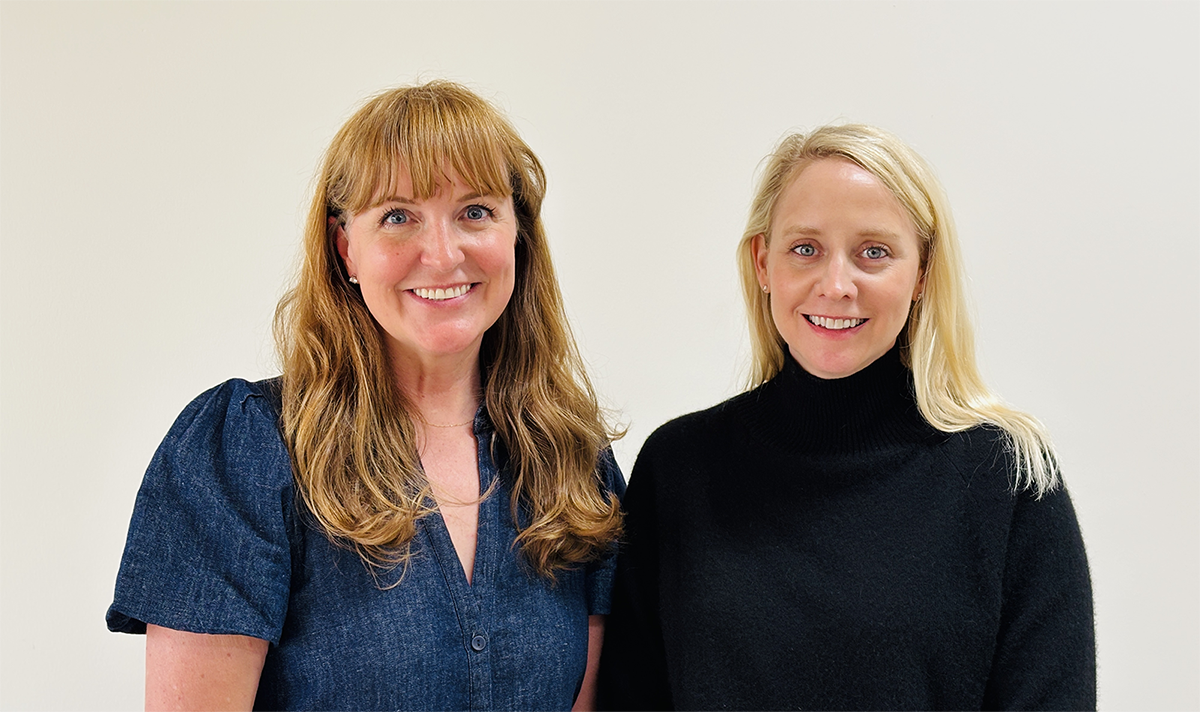
Katherine A. Berry is a Senior Project Manager in the Department of Special Education at The University of Texas at Austin. She manages the Pirate Math Equation Quest project, funded by the Institute for Education Sciences (IES). Berry also serves as Co-Principal Investigator for a second IES-funded grant, Math SPIRAL, Specialized Intervention to Reach All Learners. Previously, Berry taught elementary students with disabilities in Washington, D.C. With a passion for evidence-based math practices, Berry specializes in learning disabilities, math problem solving, curriculum development, and arts-integrated instruction. Berry is eager to disseminate the Pirate Math Equation Quest materials to teachers and students experiencing mathematics difficulty.
Contact - kberry@austin.utexas.edu
Sarah R. Powell is a professor in the College of Education at The University of Texas at Austin. Powell acted as principal investigator of the Institute of Education Sciences grants that funded Pirate Math Equation Quest (R324A200176 and R324A150078). She has also worked on Math SPIRAL, STAIR, STAIR 2.0, SCALE, SCALE-UP, LIME, and Math Words. Powell was awarded the Presidential Early Career Award for Scientists and Engineers (PECASE) in 2019. A former kindergarten teacher, Powell is excited to help teachers improve the mathematics instruction of students experiencing mathematics difficulty.
Contact - srpowell@austin.utexas.edu
Thank you to the third- and fourth-grade teachers and students of Austin Independent School District who graciously participated in this research project. We also thank the many research assistants at The University of Texas at Austin for their time, effort, and dedication to the project. We have included a few team pictures below.
